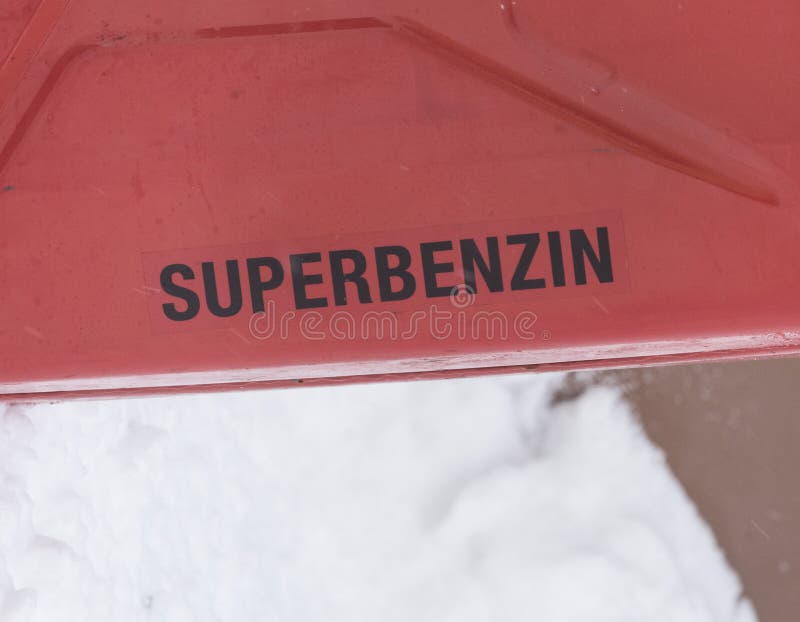When it comes to fueling your vehicle, most drivers are faced with a plethora of choices at the gas station. Among these choices, two common terms that often spark confusion are “super unleaded” and “premium gas.” Understanding the nuances between these fuel types can not only enhance your vehicle’s performance but can also save you money in the long run. Let’s explore the distinct characteristics, benefits, and implications of using super unleaded versus premium gas.
Understanding Fuel Grades
Gasoline is classified into different grades based primarily on its octane rating. The octane rating is a measure of a fuel’s ability to resist knocking during combustion, which is crucial for maintaining engine performance. In the United States, these ratings typically range from 87 (regular unleaded) to 91 or 93 (premium). Super unleaded generally has an octane rating of 91 or 93, thus aligning it more closely with what is commonly labeled as premium gas.
What is Premium Gas?
Premium gasoline is designed for high-performance vehicles and luxury cars that feature powerful engines. These engines are often constructed with tighter tolerances and advanced engineering to harness maximum power and efficiency. The higher octane rating of premium gas allows these engines to operate optimally, improving horsepower and fuel efficiency while reducing the risk of knocking.
The benefits of premium gas go beyond just engine performance. A higher octane rating can lead to cleaner combustion, which translates to fewer emissions and reduced wear on engine components over time. This makes premium gas an attractive option for those who drive vehicles that require it; however, it’s essential to consider whether your vehicle genuinely requires this fuel type.
The Case for Super Unleaded
Super unleaded gas, while similar to premium, is often perceived as a more standardized option for consumers who seek quality without needing to commit to premium prices. It retains a higher octane rating than regular unleaded fuel, thus providing some of the same advantages without the premium price tag. For many vehicles, especially those not designed for high-performance utilization, super unleaded can serve as an effective solution without compromising engine health.
Many modern engines are equipped with technology designed to adapt to different fuel types. These engines can leverage the benefits of higher octane ratings when necessary but operate efficiently on lower octane fuels when conditions allow. Thus, some drivers may find that using super unleaded can still yield noticeable benefits without incurring the higher costs associated with premium gas.
Performance Considerations
Choosing between super unleaded and premium gas often boils down to the performance requirements of your vehicle. For those who operate standard vehicles or those designed for regular fuel, opting for super unleaded can provide marginal benefits. However, if you own a high-end vehicle or one with a turbocharged or supercharged engine, premium gas may be necessary to avoid damaging the engine over time.
It is also worth noting that some manufacturers recommend using premium gas for specific models to ensure the vehicle runs smoothly. Ignoring these recommendations can lead to decreased performance, possible engine knocking, and inadequate fuel efficiency. It’s a classic case of “pay now, or pay later.” While the initial cost savings may be tempting, neglecting to use the recommended fuel type can lead to significant repair bills down the line.
Financial Implications
One of the most significant factors driving fuel choice is cost. Premium gas typically comes at a higher price compared to both super unleaded and regular unleaded fuels. Consumers must weigh the potential performance benefits against the financial implications. For a vehicle designed to operate optimally on premium gas, the higher fuel cost may provide peace of mind in terms of performance, longevity, and possibly even resale value.
On the other hand, for everyday drivers who fill up their tanks without a specialty requirement, super unleaded offers a more affordable alternative. For those vehicles that can effectively use regular fuel, switching to super unleaded can provide a slight performance boost without the substantial cost increase associated with premium gas.
Environmental Considerations
The environmental impact of fuel choice is becoming increasingly important in today’s world. Higher octane fuels like premium gas are often associated with cleaner combustion, resulting in a reduction of harmful emissions released into the atmosphere. This makes them a more environmentally friendly option for performance vehicles designed to operate on high-octane fuels.
Conclusion
While super unleaded and premium gas may appear interchangeable on the surface, they serve different purposes and cater to different vehicle needs. Understanding the requirements and specifications of your vehicle will aid in making an informed decision that not only preserves your engine’s health but also aligns with your financial and environmental considerations.
Ultimately, the choice between super unleaded and premium gas is rooted in your vehicle’s needs, your driving habits, and your budgetary constraints. By taking the time to analyze these factors, you can make an informed decision that maximizes your vehicle’s performance while providing economic and ecological benefits.
